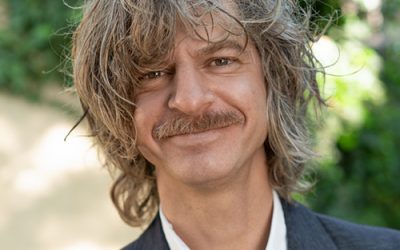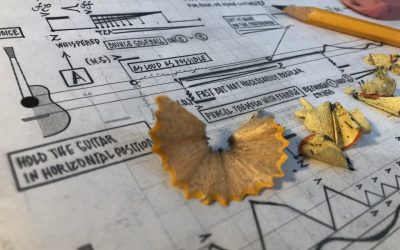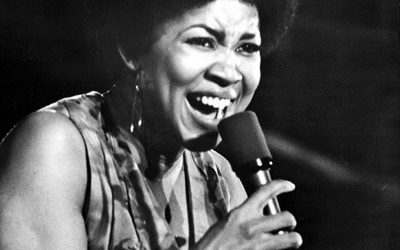Musicology Colloquium
The University of New Mexico Department of Music and The Latin American and Iberian Institute
Thursday April 2, 2020
2:00-3:30pm
Latin American and Iberian Institute Conference Room
This talk will consider performances and recordings by singer Linda Ronstadt to propose what I refer to as her Americanish musical songbook. The suffix “ish” here intends to accentuate the “somewhat” or “to some extent” of “American” that Ronstadt—Tucson born and raised—lived and sonically imagined through her extraordinary musical career.
Deborah R. Vargas is Associate Professor and The Henry Rutgers Term Chair in Comparative Sexuality, Gender, and Race in the Department of Women’s, Gender, and Sexuality Studies at Rutgers University. Vargas is currently at work on two manuscripts, “Brown Soul: On Blackness and the Cultural Politics of Chicanidad” and “Americanish: Linda Ronstadt’s Brown Sound.” Vargas has contributed a number of oral histories with Chicana singers to the Smithsonian Institute’s Latino Music Oral History Project and is a member of the editorial boards of Women and Music: A Journal of Gender and Culture and Latino Studies.
Music, Emotion and Fish with Dr. David Bashwiner Part 2
Music, Emotion and Fish with Dr. David Bashwiner Part 2 We are back, with Part 2 of ‘Music, Emotion, and Fish’. If you haven’t had the chance to listen to Part 1, you can click back to Episode 15, Dr. David Bashwiner was just getting to his work on the Midshipman...
Dr. José Luis Hurtado awarded prestigious Guggenheim Fellowship
Composer and pianist José Luis Hurtado, an associate professor in The University of New Mexico’s Department of Music in the College of Fine Arts, is one of the 2020 winners of the prestigious Guggenheim Fellowship.
You Can’t Tell It Like I Can: Black Women, Music, and the Struggle for Social Justice in America
This lecture/performance explores how black women have used music as a method of shaping the public rhetoric and sentiment surrounding the black civil rights struggle in America. Through a historical framework that moves through the height of the abolitionist movement, the Popular front during the 1930s and 1940s, the frontlines of the direct action campaigns of the 1960s, and the proliferation of the Black Power movement in the 1970s.



